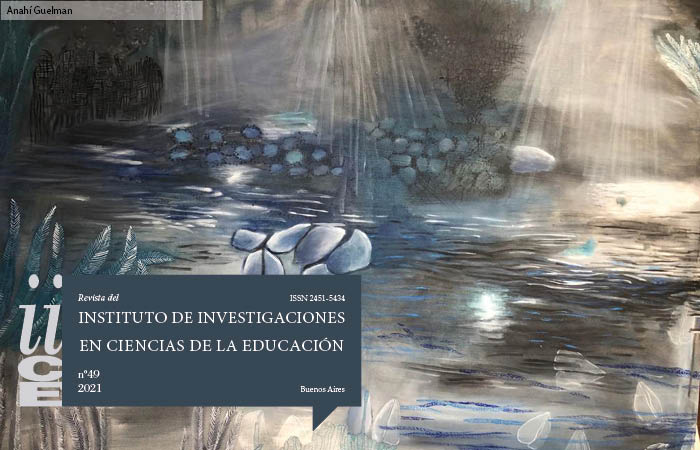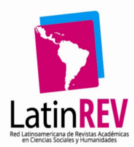For a pedagogy of Samba Schools: ethnography with children and the right to community life
Abstract
The present text is based on the results of an ethnographic research performed within a doctoral program in Brazil with the researching line of Education and Childhood, and aimed to think about childhoods and education in local community contexts, searching different dialogue spaces with children, for a better understanding of educational processes in non-formal educational spaces. It is an ethnographic research performed in a community eminently marked by black culture and based on two projects of a Samba School: the child project of Mestre Sala and Porta Bandeira and the project of child Passistas. It was found that social practices, in this context, are configured through community and cultural experiences that are passed on between generations, emerging the necessity to be transmited to children. In the Samba Schools, children from young ages are included in these experiences and they are presented to symbols, rituals and customs proper of that place, suggesting an education that goes through social and cultural relations.Downloads
Download data is not yet available.
Published
2021-01-01
How to Cite
de Moraes Lima, P., & Duarte, F. (2021). For a pedagogy of Samba Schools: ethnography with children and the right to community life. Revista Del IICE, (49), 209-224. Retrieved from http://revistascientificas2.filo.uba.ar/index.php/iice/article/view/10457
Issue
Section
Dossier: Infancias y educación











